A Ruby-Colored Voice
The evening that the XXIII Festival of Music of the Canary Islands offered us on February 12 at the Auditorium distanced us from solemnity and provided us with weeks of superior entertainment, with a quite complete and fresh opera repertoire of Italian singers, something that sadly the celebrated television boys, the music below the musical – the means of entertainment of masses during many years. Wagner is opposed to radical singing, a display of canary demonstrations that do not delve into the scene of the theater. But it was an expression superior to human passion, basic. Far from the action of pure spectacle.
Far from radical distinctions such as depth and superior Mediterranean, employing the gothic or the erotic, or in Wagnerian terminology, the art gothic and the Spanish, a certain fact is that when it is pleasant to be carried away by this “entertainment” that puts forth universal and viscous feelings that are not of love, of history, of gods… (and I say this loving Wagnerian music, just as I made it two years ago during the Juan Mendoza Festival).
Although we speak of sentimentalism “to the skin,” I was left without doubt with the greatest of all the sentimentalists, a composer of whom we can enjoy his Rachmaninoff (of whom we can enjoy his
CORRECT INTERPRETATION OF THE PHILHARMONIC OF GRAN CANARIA
incomparable Second Symphony, on February 9 with the LVPO Sinfonieorchester Köln). It was not also given by the same sensitivity, it is the sonorous Elena Prokina, who warm, broad, warm, does not offer us a journey through the most representative works of this “fourth,” such as “A Beloved of Mine” from “The Elixir of Love” by Puccini, and “Ave Maria” from “Otello” by Verdi, being detachable without doubt its two exceptional and moving interpretations.
In the registry grave of his voice it is thin, bronze, little defined, but when reaching the most acute, of colour rubí he transforms, brilliant, decent, and resonates in my memory the effect of his sharp traversing a rubí, a polished one very subtle, very pure, nothing to envy to the crown of another desperate one such as Kiri Te Kanawa.
The Gran Canaria Philharmonic Orchestra made a correct interpretation, brilliant doubting without doubt in the “Inno al Sole” of “Iris” by Mascagni, but the director, Miguel Ángel Gómez-Martínez, to whom I have seen the luck to see directing on numerous occasions in the Palau de la Música of Valencia, not convinced with good execution, not lacking of certain theatrical treatment very cordial but lacking in intense feeling, very important element for the Philharmonic Orchestra of Gran Canaria, which I understand with its potency and structural unity in the famous “Celeste Aida” by Verdi.
David Moratón
El Dia, Tenerife, Spain
14 January
2007

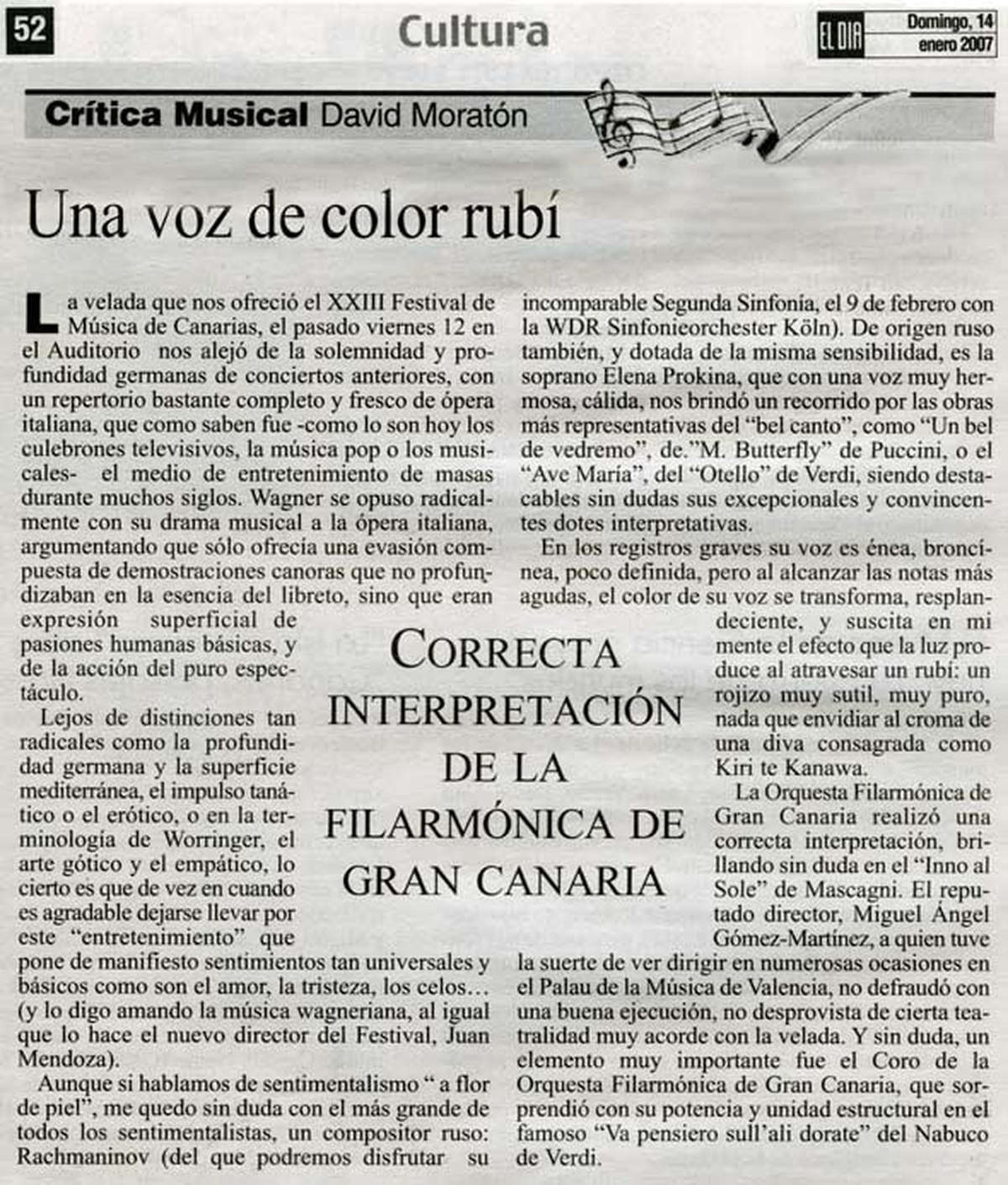
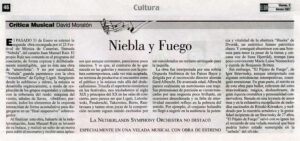
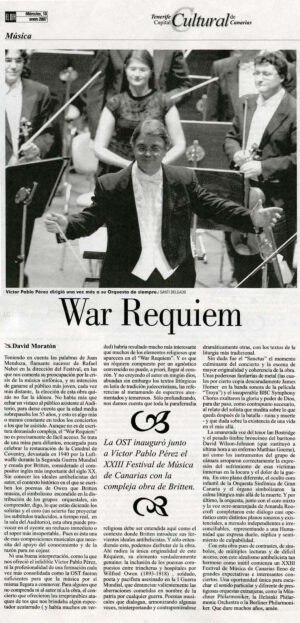
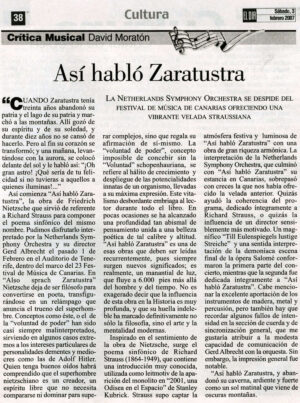
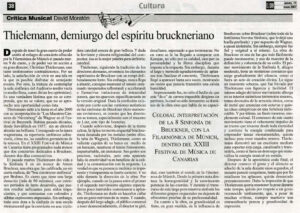
Reviews
There are no reviews yet.